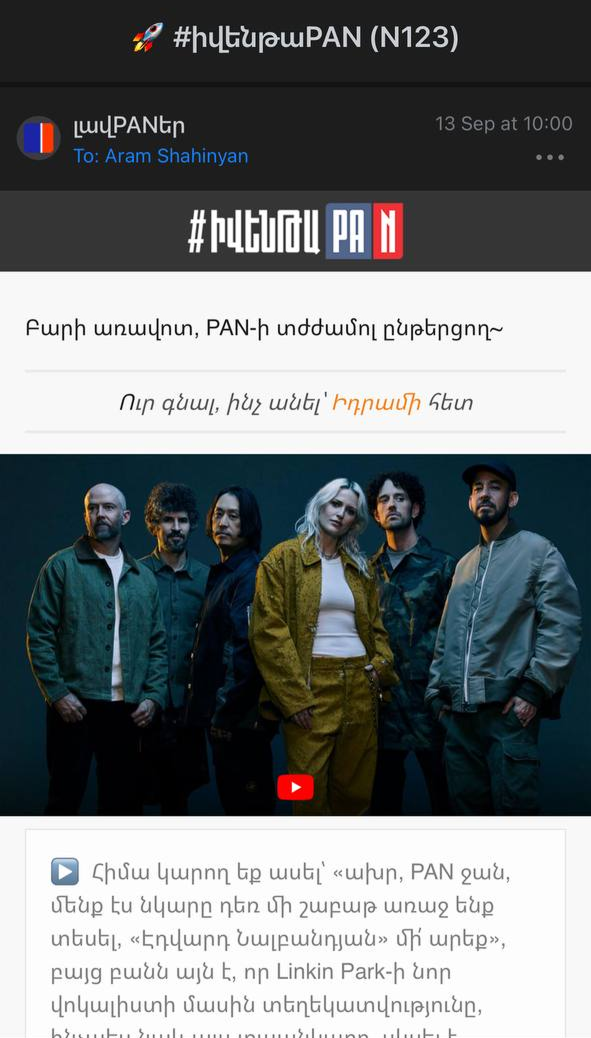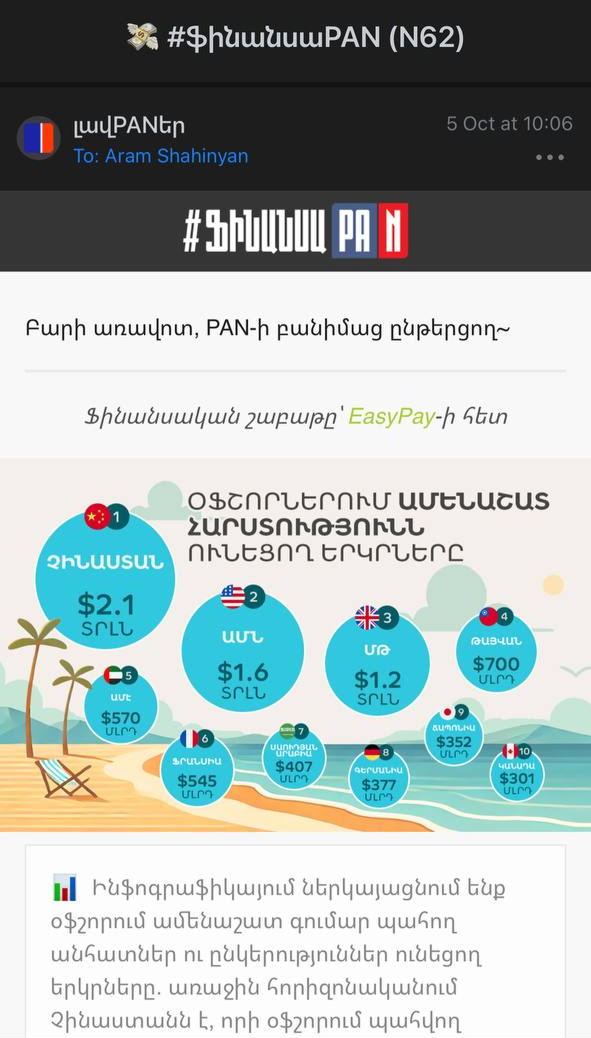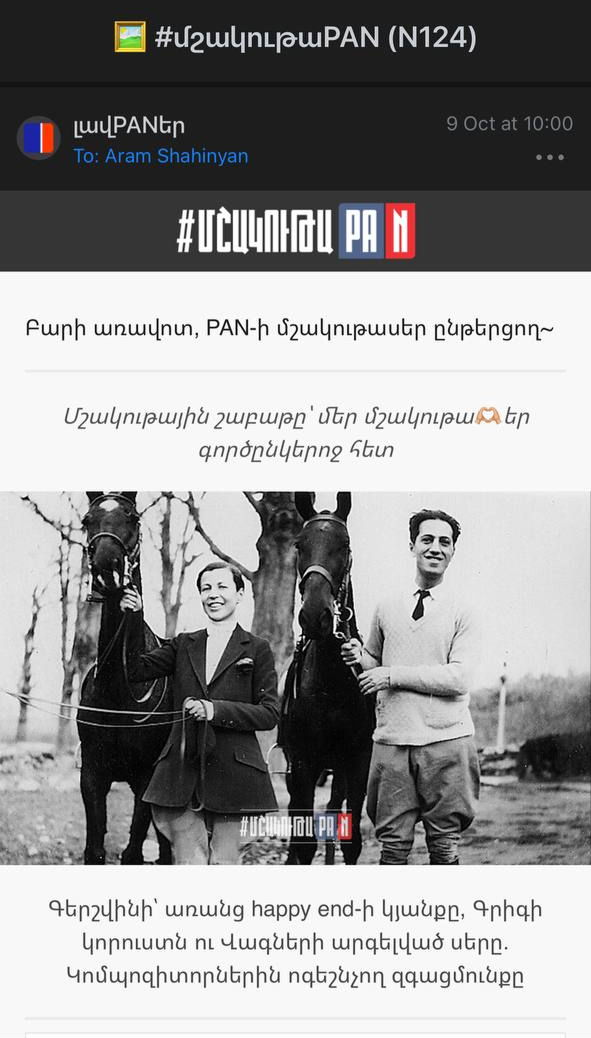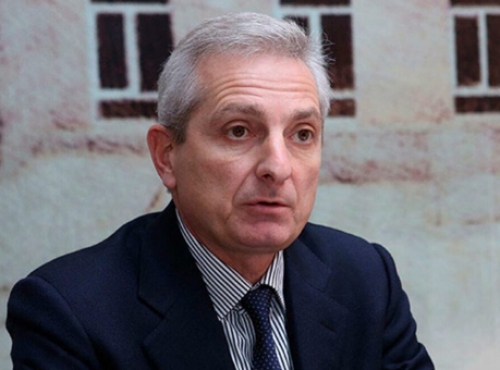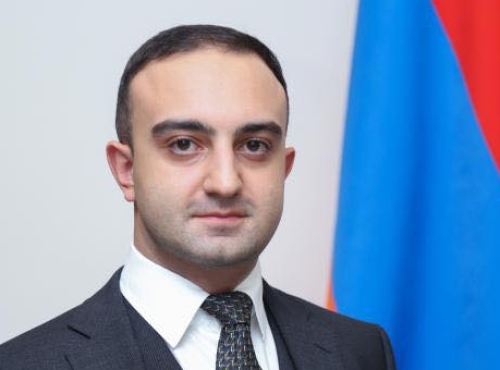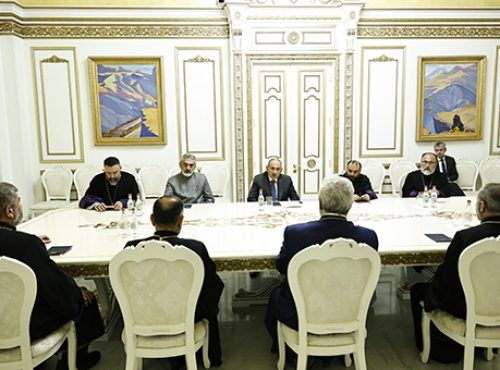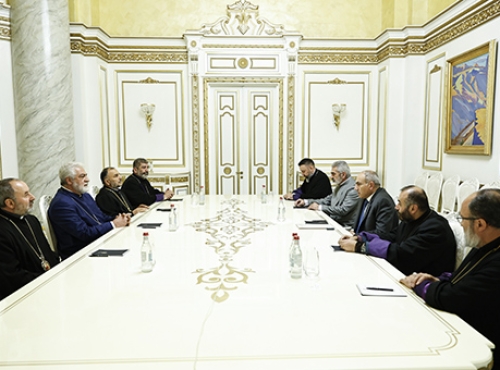Ara Ghazaryan, an expert in international law, stated during a public discussion on the right of return for the people of Artsakh that forcibly displaced individuals from Nagorno-Karabakh continue to hold legal rights over their properties, and these rights will remain valid for decades, Aravot.am reports.
“I'm basing this on established practices in international law. The case of Northern Cyprus is very similar to Artsakh—following Turkish military actions, 230,000 people were forcibly displaced in 1974, leaving behind their property. Ten years later, when the Constitution led to nationalization of that property, the international community never accepted it, even 20 or 30 years on,” he explained.
According to him, such nationalization laws were deemed illegal due to the violent context in which they were enacted. “Even 30–40 years later, courts were still ruling that people retained their property rights. Therefore, either they must be allowed to return and live there, or they must be compensated. This is a core principle we must remember. Even if a displaced person lives in Armenia today and cannot access or use their property, the legal title remains with them for 5, 10, or even 20 years,” said Ghazaryan.
He added that even in cases where the Azerbaijani side destroys property in Artsakh, the legal claim does not expire. Such actions fall under a different legal category: uncompensated expropriation, which is viewed as a criminal offense under international law.
“Yes, complaints are submitted on this basis. It becomes a case of expropriation without compensation—considered even a crime under international law. But as long as someone holds a property title, whether for movable or immovable property, it remains valid until a proper resolution is reached. That resolution must either ensure a safe and dignified return or fair compensation.”
“This is the imperative Azerbaijan now faces. Whatever solution it proposes—as envisioned by its president—will be deemed unlawful. No international political or judicial body has a legal basis to accept it. Azerbaijan can only resist by constructing false narratives,” he added.
“For example, when we talk about events from 2020–2023, they invoke events from 1992–1994, because they have nothing to counter the illegality of their actions in 2020–2023. What they did was illegal by nature. Even these sham trials, which attempt to shift blame onto Armenia, lack any legal basis and do not meet even the minimum standards of fair trial. Azerbaijan has serious legal issues it hopes to resolve, and we must confront those issues with the understanding that our claim is just. We are the victims, and international law is on our side,” Ghazaryan concluded.
On September 19, 2023, Azerbaijan launched a large-scale offensive against Artsakh, subjecting the region to intense shelling. The next day, on September 20, the authorities of the Republic of Artsakh accepted a Russian peacekeepers' proposal for a ceasefire and agreed to Baku’s terms, including disarmament of the local defense forces and dissolution of the Republic. Forced displacement began on September 24, with over 100,000 people fleeing to Armenia. Reports suggest only about 20 Armenians remain in Artsakh. On September 28, President Samvel Shahramanyan signed a decree on dissolving the Republic of Artsakh, which came into force on January 1, 2024.










